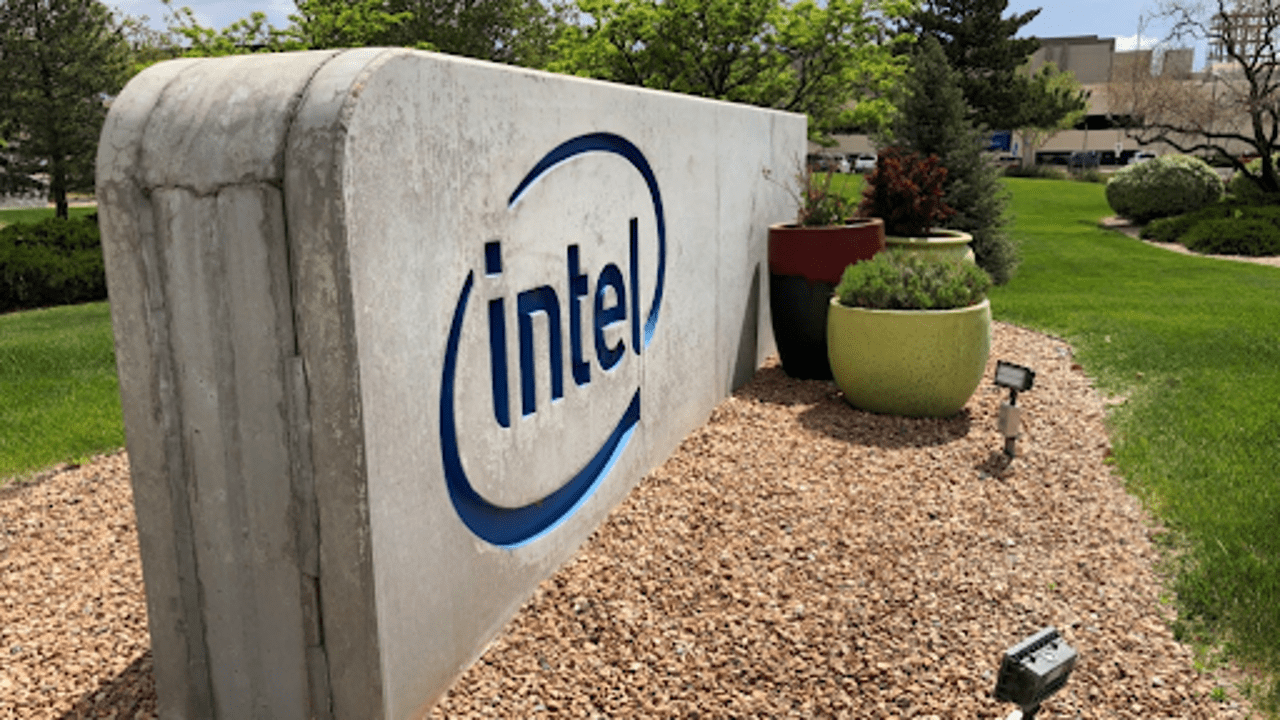
This photo from May 3, 2021, shows a sign at Intel's manufacturing campus in Rio Rancho, New Mexico. THE CANADIAN PRESS
Chipmaker Intel is set to lay off 15% of its workforce, which equates to approximately 15,000 jobs, in an effort to restructure its business and better compete with industry leaders Nvidia and AMD. CEO Pat Gelsinger announced the decision in a memo to employees, revealing plans to save $10 billion by 2025.
Gelsinger explained that Intel needs to realign its cost structure with its new operating model, citing disappointing revenue growth and high operational costs. Despite the rise of artificial intelligence, Intel has yet to fully capitalize on these trends. As part of this restructuring, Intel will offer an "enhanced retirement package" for eligible employees and a voluntary departure program.
These cuts follow a poor financial quarter for Intel, which reported a significant loss and lower-than-expected revenue forecasts. The company’s stock plummeted 19% in after-hours trading, potentially reducing its market value by $24 billion.
Intel posted a loss of $1.6 billion, or 38 cents per share, in the April-June period, down from a profit of $1.5 billion, or 35 cents per share, a year earlier. Revenue also declined slightly to $12.8 billion from $12.9 billion. Analysts had anticipated earnings of 10 cents per share on $12.9 billion in revenue.
In response to these financial struggles, Intel is suspending its stock dividend to cut costs further. Gelsinger acknowledged the challenges of these decisions, calling it the hardest part of his career. He emphasized that these measures are essential for Intel’s long-term viability and ability to innovate in the chip market.
Analysts believe that while Intel's cost-cutting plan might provide short-term financial relief, it may not be enough to secure its position in the rapidly evolving chip industry. Intel is at a critical point, leveraging U.S. investments in domestic manufacturing and the growing demand for AI chips to enhance its chip fabrication capabilities.
Intel, unlike its competitors, designs and manufactures its chips. The company has been expanding its foundry business in the U.S., competing with the likes of Taiwan Semiconductor Manufacturing Co. (TSMC). Intel has also benefited from the 2022 CHIPS and Science Act, which supports domestic semiconductor production.
The U.S. government has made significant investments in Intel, including a deal announced in March where President Joe Biden celebrated an agreement to provide up to $8.5 billion in direct funding and $11 billion in loans for Intel’s chip plants. This move aims to bolster U.S. manufacturing and reduce reliance on foreign-made chips, a concern that grew during the pandemic.
In September 2022, Biden commended Intel for its $20 billion project to open a new plant near Columbus, Ohio, which is expected to create thousands of jobs. This initiative aligns with the government’s goal to reinvigorate domestic manufacturing and build a workforce for the future.
While Intel has been earmarked for significant government support, building the infrastructure and upskilling the workforce required for these advanced facilities will take time. This transformation won't happen overnight, but the long-term benefits are expected to be substantial for both Intel and the U.S. economy.















